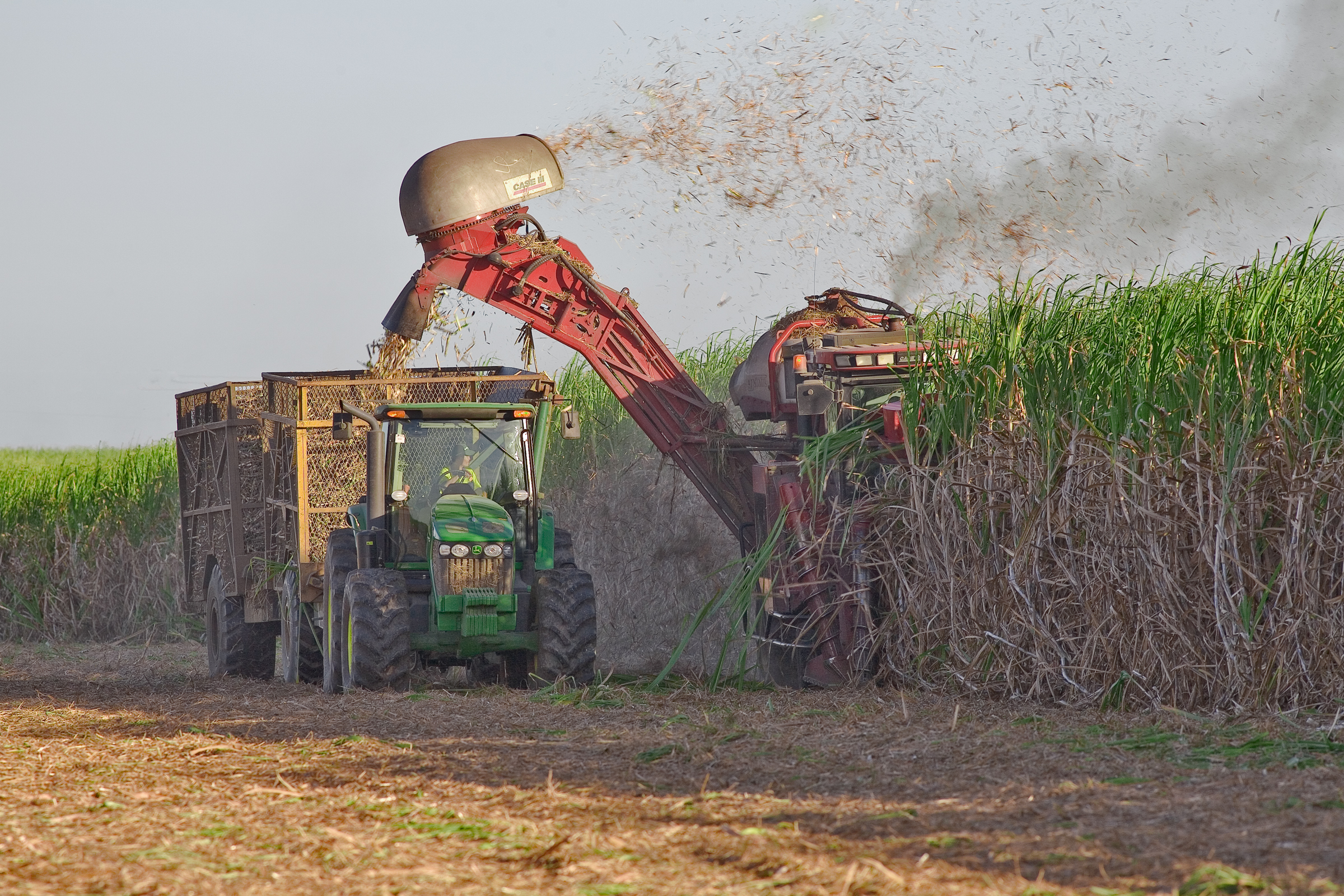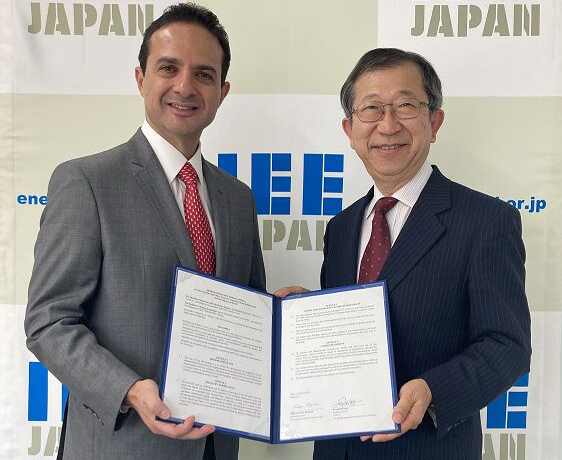With 10 years left to meet the EU’s new target of a 55% reduction in CO2 emissions by 2030 and the ultimate objective of becoming a climate neutral continent, the European Commission is currently revising the Renewable Energy Directive. With the transport sector representing nearly a quarter of the bloc’s emissions, it is essential to increase the share of renewables in transport. The recent public consultation results display a clear appetite for this direction, with 86% of respondents in favour of increasing targets for the transport sector and 43% of these calling for more ambitious targets than those currently listed in the 2030 Climate Target Plan.
In this context, UNICA encourages the EU to make use of all available solutions. The Commission must seize the opportunity of this revision to address the shortcomings of previous approaches and recognise the need to make full use of technologies including higher blends for sustainable biofuels.
Specifically, the current cap for sustainable, low-ILUC biofuels dismisses a wealth of possibilities for renewable energy incorporation that could immediately lower GHG emissions in transport and improve air quality. This is in line with the EU’s just transition principle that seeks to leave nobody behind.
To ensure a swift decarbonisation of transport, the EU must revise its 7% cap for low-ILUC biofuels upwards. The elimination of multipliers that create the illusion of tackling climate change without effectively contributing to saving GHG emissions from being harmfully released into the atmosphere is also essential. This would allow the Commission to not penalise high environmentally performing biofuels, such as sugarcane ethanol, that offer an immediate and affordable solution to curtail fossil fuel use.
We all share the same objective, to tackle climate change. The revision of the RED II Directive is the last chance to meet the 2030 targets and achieve the long overdue decarbonisation of transport in Europe. There is no time to waste in making use of all sustainable solutions available. More on how sugarcane ethanol is an effective decarbonisation tool here.



